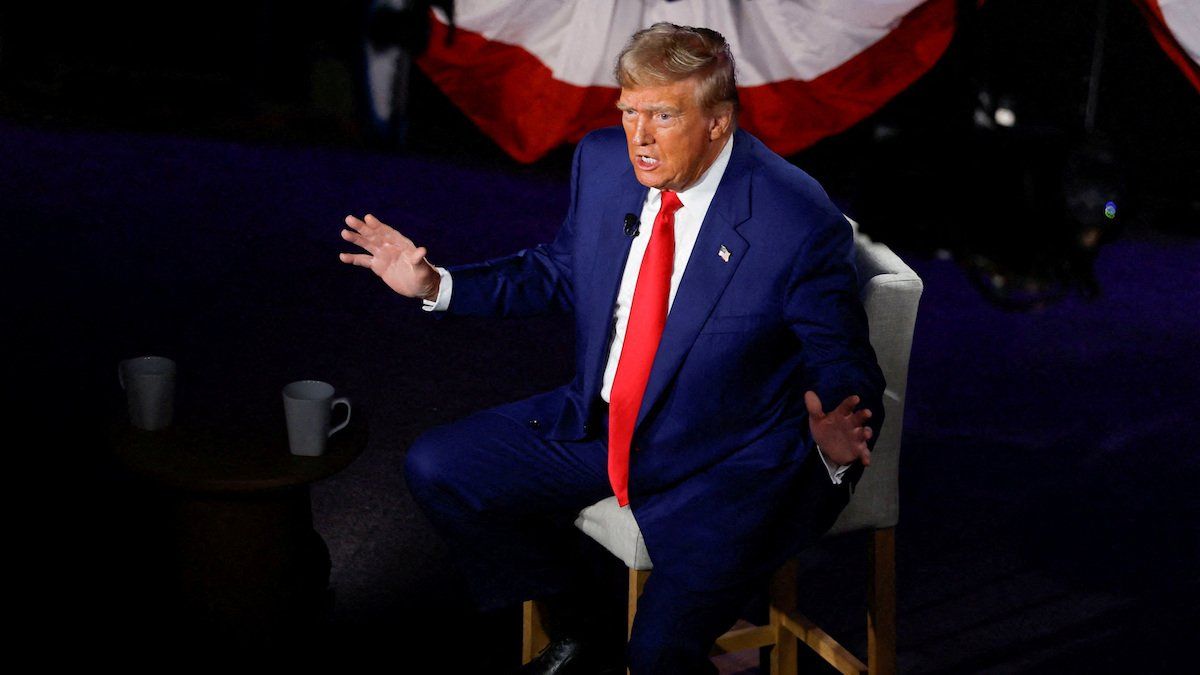Two months out from the presidential election in the United States, Donald Trump is spoiling for a voter identification law, but he’ll settle for a government shutdown.
Trump is leaning on Republicans in Congress to push the SAVE Act, a bill that would require voters to present proof of citizenship to vote. Critics say the bill is redundant since non-citizen voting is already illegal. They argue voter ID laws are ineffective and suppress turnout, especially among minority communities.
As the Sept. 30 deadline to fund the government approaches, Trump wants Congressional Republicans to tie funding to passing the voter ID bill – a move the party is considering, and one that would throw an already rambunctious election season into total chaos.
Since 1980, the federal government has shut down 14 times, most recently in 2018-2019 during the Trump administration. A partial shutdown, it lasted 34 days and carried a hefty price tag of around $11 billion.
Congressional Democrats oppose both the SAVE Act and the idea of tying government funding to its passing. Trump’s gambit is a test of his influence among Republicans in Congress and comes as reports circulate that a growing number of party members are “privately” at peace with, or even rooting for, a Trump loss in November.
